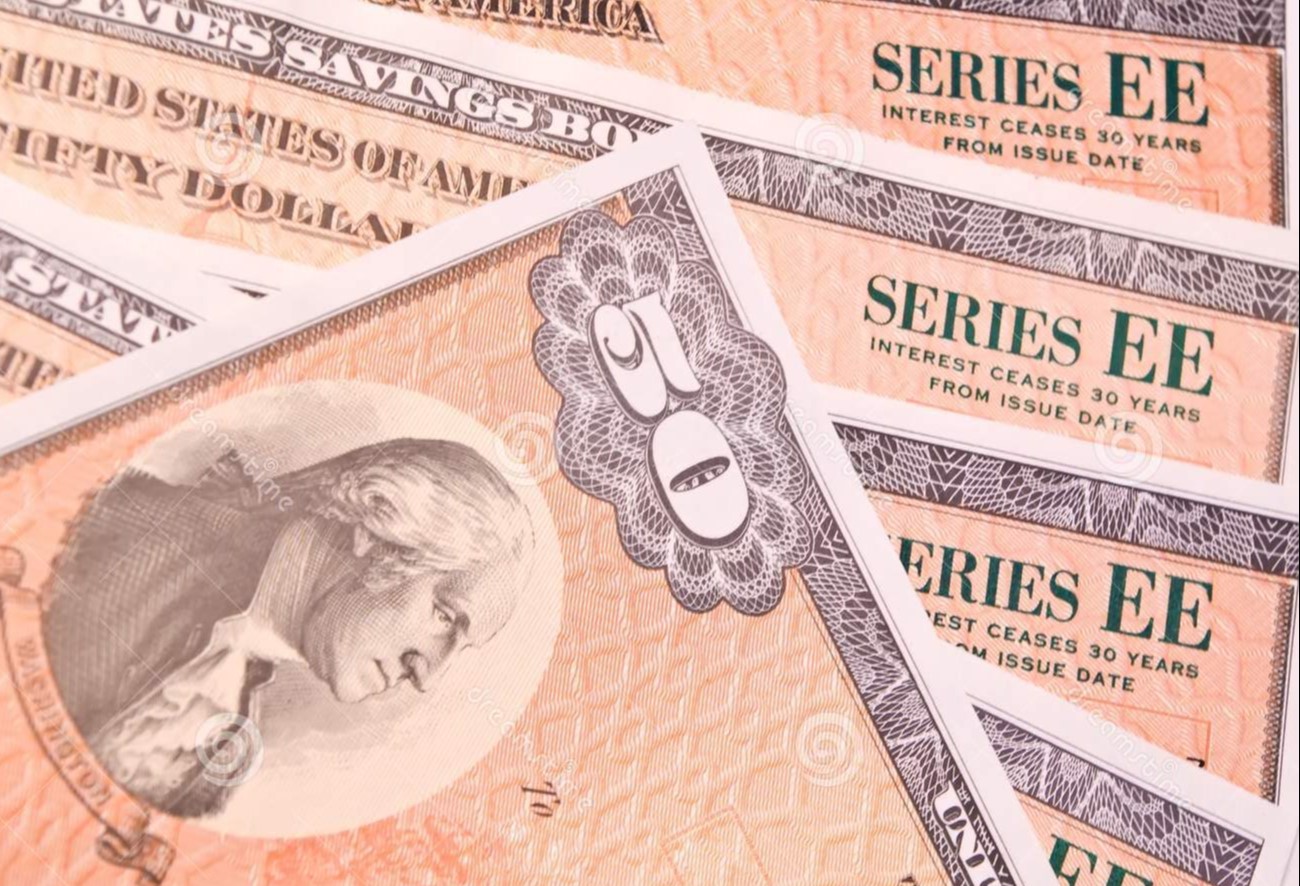The bond market is blaring with warnings of an impending recession. This can be seen in the 10-minus-2-year Treasury yield curve, which inverted by 83 basis points. This is a sign that investors are more willing to hold shorter-term debt than longer-term debt, indicating a lack of optimism about the future. Additionally, institutional investors or governments could be dumping its long-term bond and swapping it for a shorter term. It would cause an economic slowdown as sentiment grew bleaker.
Bonds are debt instruments issued by governments and corporations. The process of buying a bond is simple. An investor pays the face value of the bond and receives periodic interest payments, called the coupon rate. Once the bond matures, the investor is paid back the face value of the bond. Bonds can be used to finance government projects, corporations, and other investments.
The Federal Reserve Buys Treasury bonds from the government as assets in order to boost economic growth and receive returns on their investment. All currency in circulation is their liability, as are the reserve balances required of all banks. These reserves also have an interest rate that is payable, usually at a low rate. Generally, the interest earned on assets is higher than the cost of interest on those reserves, resulting in a return on investment.
However, with the recent spike in interest rates, the Federal Reserve now must pay a higher interest rate on those reserves. This means that the return on their investments is lower than the cost incurred in holding liabilities, resulting in the Fed losing up to $6.3 billion. As a result, the returns on Treasury bonds have been decreasing, especially for longer-term bonds.
Over the last seven months, the Federal Reserve has attempted to reduce inflation by raising interest rates but has had little success. Overall, prices are up 7.7%, with core prices up 6.3%. The Fed is determined to keep interest rates high, but this could lead to unemployment and a potential recession. The Fed's most powerful weapon, interest rates, is being used to combat inflation, but this will cause "some pain to households and businesses," and prices are not falling. Congress may need to step in to address the issue of pandemic-era inflation, which cannot be solved with the Fed's current blunt tools.
In conclusion, the bond market is sending strong signals that the economy is heading towards a recession. The Federal Reserve's efforts to reduce inflation by raising interest rates have been largely unsuccessful, with prices continuing to increase. This could lead to further economic downturns, and Congress may need to step in to address the issue. Ultimately, the bond market is an important indicator of economic health and should be monitored closely.















